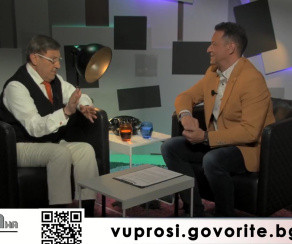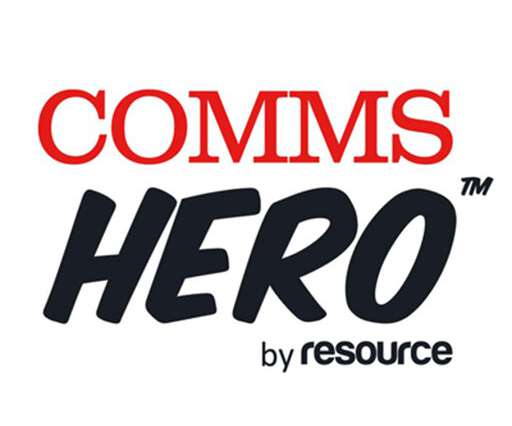Forget “Better PR” — The PR Industry Needs Education
Doctor Spin
JANUARY 8, 2022
Social media began to emerge with behemoths like Facebook, founded in 2004 and Twitter in 2006. But traditional education is slow and time-consuming. Cover photo by Jerry Silfwer ( Prints / Instagram ). But we can fix everything — by educating ourselves online. Let me explain: Table of Contents. Save the PR Industry Now.












Let's personalize your content